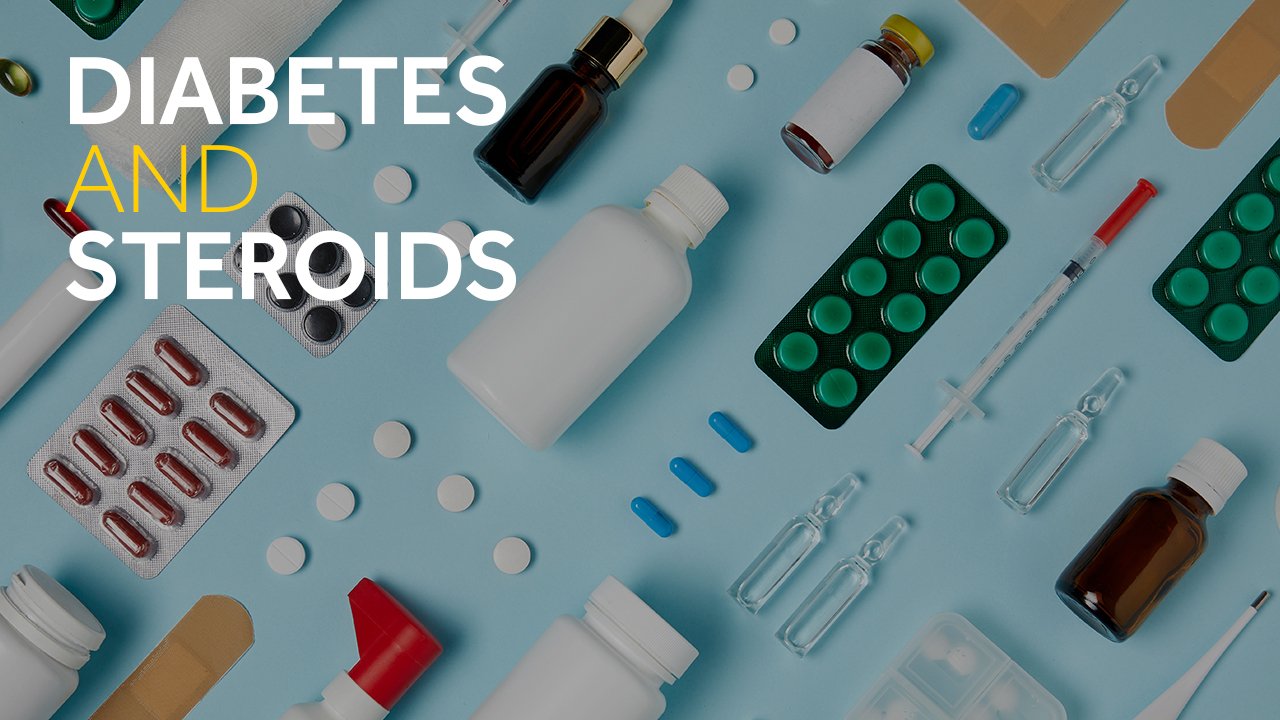
Pre diabetes is a critical stage in the progression of diabetes, where blood sugar levels are higher than normal but not yet in the diabetic range. It is estimated that nearly 88 million people in the United States have pre diabetes treatment drugs, making it a widespread health concern. Fortunately, there are effective treatment options available to manage pre-diabetes and prevent the onset of type 2 diabetes. In this article, we will explore the role of pre-diabetes treatment drugs in achieving optimal health.
Table of Contents
Understanding Pre Diabetes
pre diabetes treatment drugs are a metabolic condition that often goes unnoticed due to the absence of noticeable symptoms. It occurs when the body becomes resistant to the effects of insulin, leading to elevated blood sugar levels. If left untreated, pre-diabetes can progress to type 2 diabetes, which can increase the risk of various health complications. Hence, it is crucial to identify pre-diabetes early and take proactive measures to address it.
Pre Diabetes Treatment Drugs: An Overview
Pre diabetes treatment drugs play a pivotal role in managing blood sugar levels and reducing the risk of developing type 2 diabetes. These medications work by improving insulin sensitivity, increasing insulin production, or slowing down the absorption of glucose in the intestines. It is essential to consult with a healthcare professional to determine the most suitable pre diabetes treatment drugs based on individual circumstances, medical history, and lifestyle factors.
Metformin: The First-Line Medication
Metformin is often prescribed as the first-line pre diabetes treatment drugs due to its effectiveness and safety profile. It belongs to the class of medications known as biguanides, which work by reducing the production of glucose in the liver and enhancing insulin sensitivity. Metformin also aids in weight management, making it an excellent choice for individuals with pre-diabetes who are overweight or obese. Regular use of metformin, along with lifestyle modifications, can significantly delay or prevent the onset of type 2 diabetes.
Thiazolidinediones: Enhancing Insulin Sensitivity
Thiazolidinediones, commonly referred to as TZDs, are another class of pre diabetes treatment drugs that improve insulin sensitivity in the body. They work by activating certain receptors in the cells, which leads to increased uptake of glucose from the bloodstream. TZDs also have positive effects on blood lipid levels and can be particularly beneficial for individuals with pre-diabetes who have dyslipidemia.
Alpha-Glucosidase Inhibitors: Slowing Down Glucose Absorption
Alpha-glucosidase inhibitors are medications that help slow down the absorption of carbohydrates in the intestines, thereby preventing sharp rises in blood sugar levels after meals. These drugs work by inhibiting the enzymes responsible for breaking down complex carbohydrates into simple sugars. By delaying glucose absorption, alpha-glucosidase inhibitors help to regulate blood sugar levels and reduce the risk of progression to diabetes.
Injectable Medications: GLP-1 Receptor Agonists
GLP-1 receptor agonists are injectable medications that stimulate the production of insulin and inhibit glucagon secretion. These drugs have shown promising results in managing pre-diabetes by improving blood sugar control, reducing body weight, and decreasing the risk of cardiovascular events. GLP-1 receptor agonists are typically administered once weekly and can be a suitable option for individuals who struggle with oral medication adherence.
Combining Medications and Lifestyle Modifications
While pre diabetes treatment drugs can be highly effective, they work best when combined with lifestyle modifications. These modifications include adopting a healthy diet, engaging in regular physical activity, managing stress levels, and maintaining a healthy weight. Combining medications with lifestyle changes can provide optimal results in managing pre-diabetes and reducing the risk of progression to type 2 diabetes.
Potential Side Effects and Considerations
As with any medication, pre diabetes treatment drugs may have side effects that vary depending on the individual and the specific drug being used. Common side effects include gastrointestinal issues, such as nausea and diarrhea, and in some cases, hypoglycemia. It is important to discuss potential side effects and any existing medical conditions with a healthcare professional before starting pre-diabetes treatment.
Monitoring and Follow-Up
Regular monitoring and follow-up are essential components of pre-diabetes management. Healthcare professionals will monitor blood sugar levels, conduct periodic assessments, and adjust treatment plans as necessary. It is crucial for individuals with pre-diabetes to actively participate in their care, adhere to medication schedules, and communicate any concerns or changes in their health status to their healthcare team.
Conclusion – pre diabetes treatment drugs
pre diabetes treatment drugs are a critical stage in the development of type 2 diabetes, but it can be effectively managed with the help of pre diabetes treatment drugs. Medications such as metformin, thiazolidinediones, alpha-glucosidase inhibitors, and GLP-1 receptor agonists can significantly reduce the risk of progression to diabetes and promote optimal health. However, it is important to remember that medication alone is not sufficient; lifestyle modifications are key in managing pre-diabetes.
By combining the use of pre-diabetes treatment drugs with a healthy diet, regular exercise, stress management, and weight control, individuals can take control of their health and reduce the impact of pre-diabetes on their overall well-being. It is always recommended to consult with a healthcare professional to determine the most suitable treatment plan based on individual needs, preferences, and medical history.
Learn about: Take to new heights with the expertise of CPAs for small business. Partner with us today for financial success.
